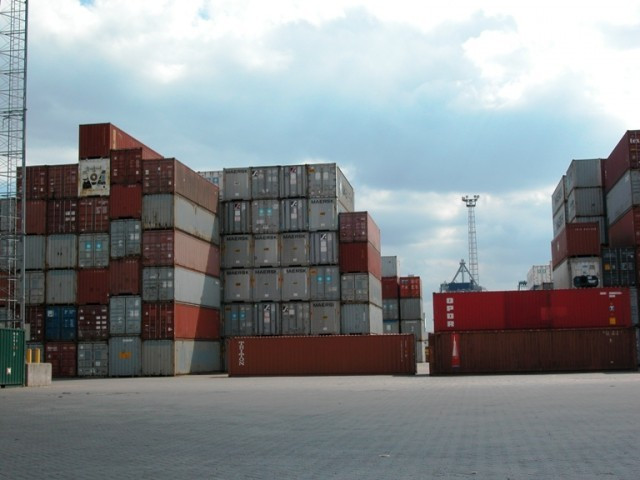Barnyard bully: Regionalisation – not globalisation – is the way to go
Maximising regional trade potential could lead to a restricted global presence.

Trade creation exists when free trade enables high cost domestic producers to be replaced by lower cost, and more efficient imports.
In recent years, regionalisation has been more and more popular and common in the world. For America, the NAFTA has achieved a positive result. For Europe, “one in eight numbers of the United Nations (UN) is the member of the EU.
Europe is an equal partner to the United States in trade negotiations and the launching of euro has an epoch-making significance to the world economy. For Asia-Pacific region, the Asia-Pacific Economic cooperation has become one of the most influential forums. In Southeast Asia, the Asean member countries have obviously strengthened their cooperation in economic fields.

Main advantages for members of trading blocs
Free trade within the bloc: Knowing that they have free access to each other’s markets, members are encouraged to specialise. This means that, at the regional level, there is a wider application of the principle of comparative advantage.
Market access and trade creation:
Easier access to each other’s markets means that trade between members is likely to increase. Trade creation exists when free trade enables high cost domestic producers to be replaced by lower cost, and more efficient imports. Because low cost imports lead to lower priced imports, there is a ‘consumption effect’, with increased demand resulting from lower prices.
Economies of scale: Producers can benefit from the application of scale economies, which will lead to lower costs and lower prices for consumers.
Protection: Firms inside the bloc are protected from cheaper imports from outside, such as the protection of the EU shoe industry from cheap imports from China and Vietnam.
Main disadvantages of trading blocs
Loss of benefits: The benefits of free trade between countries in different blocs is lost.
Distortion of trade: Trading blocs are likely to distort world trade, and reduce the beneficial effects of specialisation and the exploitation of comparative advantage.
Inefficiencies and trade diversion: Inefficient producers within the bloc can be protected from more efficient ones outside the bloc. For example, inefficient European farmers may be protected from low-cost imports from developing countries. Trade diversion arises when trade is diverted away from efficient producers who are based outside the trading area.
Retaliation: The development of one regional trading bloc is likely to stimulate the development of others. This can lead to trade disputes, such as those between the EU and Nafta, including the recent Boeing (US)/Airbus (EU) dispute. The EU and US have a long history of trade disputes, including the dispute over US steel tariffs, which were declared illegal by the WTO in 2005. In addition, there are the so-called beef wars with the US applying £60m tariffs on EU beef in response to the EU’s ban on US beef treated with hormones; and complaints to the WTO of each other’s generous agricultural support.
The formation of the Nafta, the EU, the Asia-Pacific Economic Cooperation (the Apec), the Asean and other regional trading blocs have to some extent changed the pattern of world economy and trade. There is no doubt that the increase of the dependence of the member countries on the regional trade blocs and their negotiating abilities towards the outside world will bring keener competition to the world, but it will also put globalisation at risk.
Additional reporting by khurram baig
Published in The Express Tribune, February 4th, 2013.
Like Business on Facebook to stay informed and join in the conversation.


















COMMENTS
Comments are moderated and generally will be posted if they are on-topic and not abusive.
For more information, please see our Comments FAQ